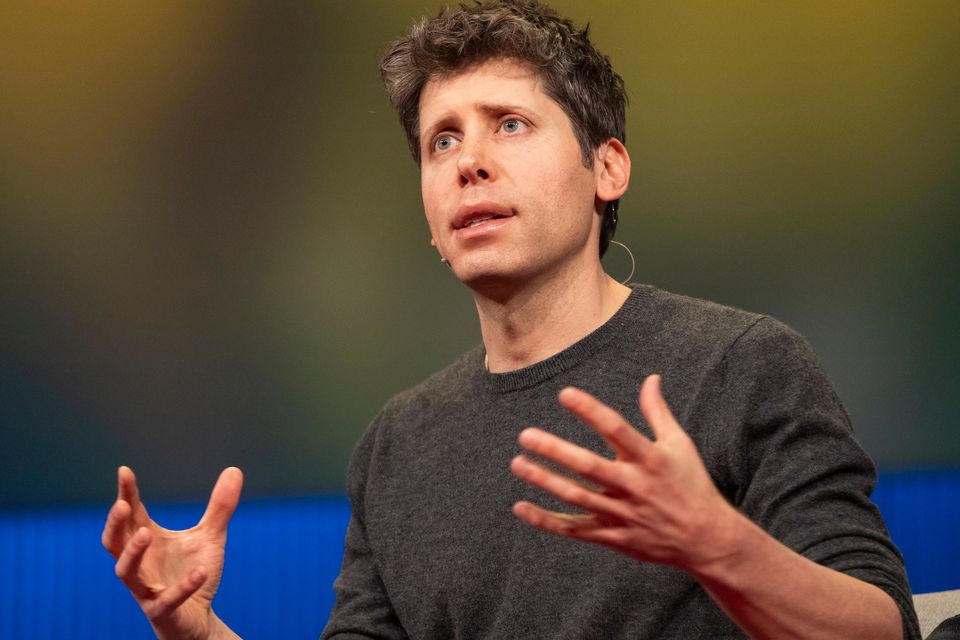Firm said chatbot’s personality was too sycophantic and ‘annoying’
Sam Altman, CEO of OpenAI
OpenAI rolled back a software update to ChatGPT that produced excessively fawning responses for some users, the latest hiccup for a start-up embroiled in a heated AI contest.
The chatbot’s most recent GPT-4o model update leaned too heavily on short-term user feedback and “skewed towards responses that were overly supportive but disingenuous”, the company said in a blog post titled Sycophancy in GPT-4o.
“Sycophantic interactions can be uncomfortable, unsettling, and cause distress. We fell short and are working on getting it right,” the blog read. Co-founder Sam Altman earlier acknowledged in a post on X that the latest update had made the chatbot’s personality “too sycophant-y and annoying”.
The rollback came days after users reported ChatGPT showering them with praise and agreeing with even problematic ideas and conspiracy theories. Some said they had their prompts to the bot praised as “fantastic” or “phenomenal”. The issues began when OpenAI attempted to make the AI’s personality more supportive but, instead, ended up with one that prioritised flattery over honesty.
OpenAI’s task in subduing ChatGPT’s wheedling and servility turns the spotlight on a broader, serious dilemma for AI model makers: how to craft chatbot personalities that are appealing to interact with without manipulating sentiment.
“We are actively testing new fixes to address the issue,” the San Francisco-based company said in its blog post, recognising its impact on user experience and trust. “We’re revising how we collect and incorporate feedback to heavily weight long-term user satisfaction and we’re introducing more personalisation features, giving users greater control over how ChatGPT behaves.”
The world’s leading builder of AI models is refining its core training techniques and introducing guardrails to steer it away from deceitful behavior. OpenAI said it would expand evaluations and ongoing research to identify other issues, and it intends to give users a choice of default behaviour by ChatGPT in the future.
Roughly half a billion people around the world use the chatbot each week across multiple cultures and contexts, and a single default setting is unlikely to be optimal for all, OpenAI said.
source
